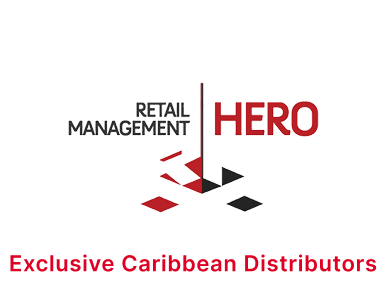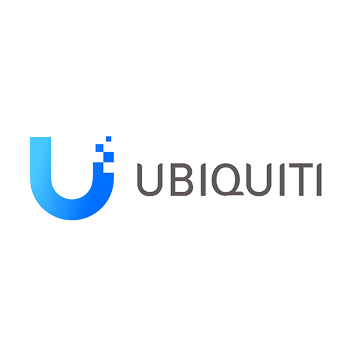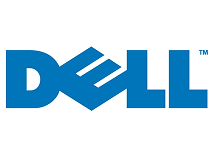Prodigy Systems empowers Caribbean businesses for success through technology. As your Managed Services Provider, we design, run, and secure the systems that power real outcomes—so your teams move faster with confidence.
From cloud-first architecture and automation to resilient networking and security, we align every decision to your goals. You get roadmaps you can act on, predictable budgets, and always-on support that keeps your operations ready for what’s next.
We understand the region’s infrastructure realities and opportunities. That’s why our approach is pragmatic and data-driven: modernize where it matters, measure what moves the needle, and scale beyond borders without compromising reliability or compliance.
The result? A technology foundation that turns strategy into momentum—helping your organization ship ideas sooner, serve customers better, and lead your market.







